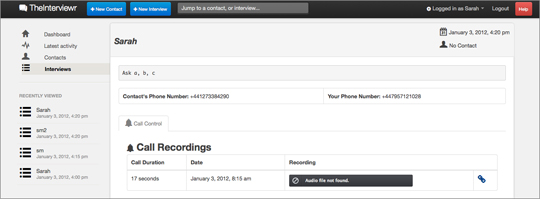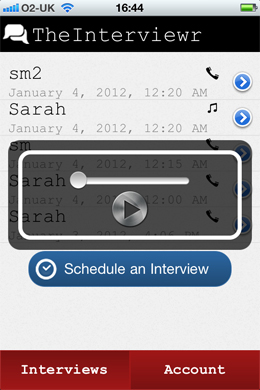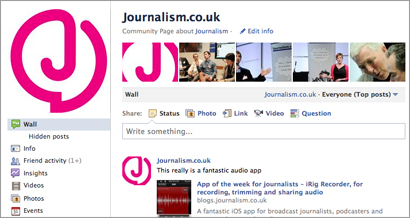
Wired.com has published a feature about tongue-in-cheek gaming, adding a playful twist by turning the article into a game.
In a feature called the curse of Cow Clicker: How a cheeky satire became a videogame hit, Wired.com reports on how a “cow-clicking game” (FarmVille), inspired another cow clicking game (Cow Clicker), by adding a cow clicking element to the feature – perhaps a first in digital storytelling.
Every time a reader clicks on the word “cow” – repeated 97 times within the feature – a graphic of a cow appears, with the “cownter” keeping track of how many cows have been clicked on. The cows in fact obscure the text therefore making it more difficult to read the article.
Readers can also click on the graphical cows to send them to their Facebook friends.
The feature is intended to “echo the theme” of the Cow Clicker Facebook game discussed in the feature, Shannon Perkins editor of interactive technologies at Wired.com told Journalism.co.uk. “It’s an intentionally trivial experience obscuring a more content rich experience,” he said.
Cow Clicker was created by Ian Bogost, a game developer, academic and co-author of Newsgames: Journalism at play. The game, which peaked at 56,000 players, was inspired by popular Facebook game FarmVille.
The Wired.com featured includes an interview with Bogost.
… This thought popped into my head,” Bogost says: “Games like FarmVille are cow clickers. You click on a cow, and that’s all you do. I remember thinking at the time that it felt like a one-liner, the kind of thing you would tweet. I just put it in the back of my mind.”
He developed Cow Clicker with “transparently stupid prizes—bronze, silver, and golden udders and cowbells—that people could win only by amassing an outlandish number of points. (A golden cowbell, for instance, requires 100,000 clicks.)”
On one level, this was all part of the act. Bogost was inhabiting the persona of a manipulative game designer, and therefore it made sense to pull every dirty trick he could to make the game as sticky and addictive as possible. But as he grew into the role, he got a genuine thrill from his creation’s popularity. Instead of addressing a few hundred participants at a conference, he was sharing his perspective with tens of thousands of players, many of whom checked in several times a day.
- Shannon Perkins, editor of interactives at Wired.com, who is behind this interactive will be speaking on newsgames at news:rewired. Also presenting in the session is Bobby Schweizer, Ian Bogost’s co-author of Newsgames: Journalism at play.
- For a day of inspirational ideas in journalism sign up to attend news:rewired – media in motion. It is being held at MSN HQ, London on 3 February 2012.







